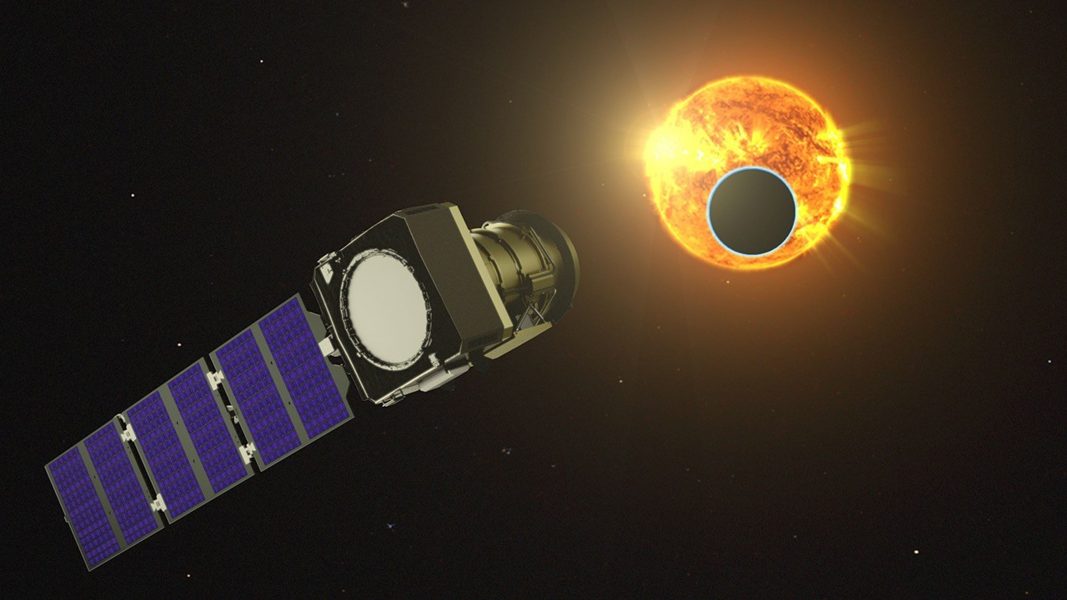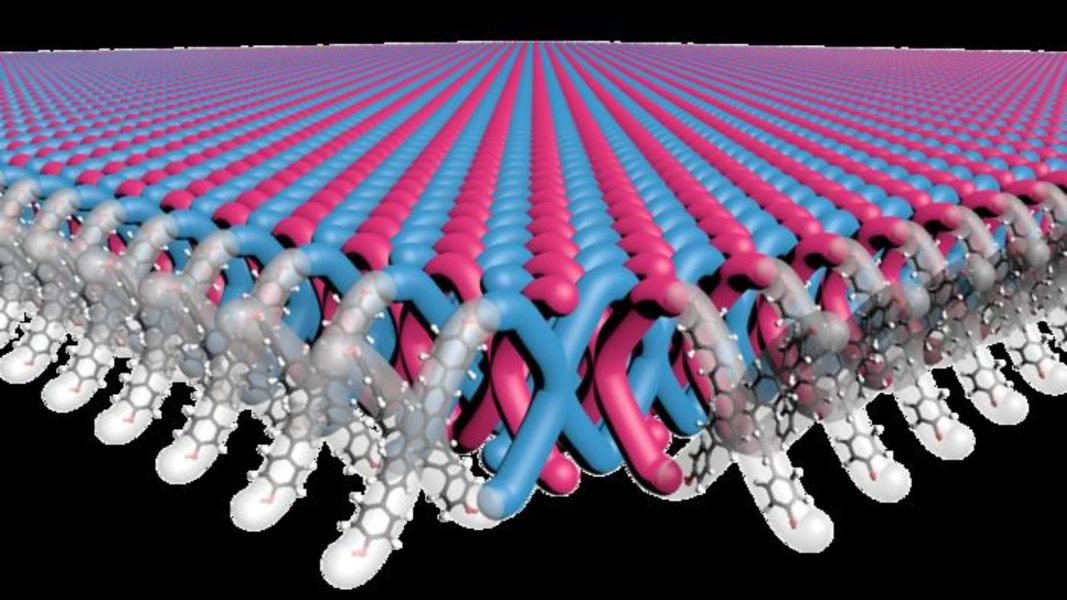Tomorrow May Already Be Here: Physicists Say Time Doesn’t Exist – The Daily Galaxy –Great Discoveries Channel

What if everything you know about time is wrong? Some physicists argue that time is an illusion, a construct of human perception rather than a fundamental part of the universe. Could it be that tomorrow has already happened, and we’re just trapped in a web of causality? From Einstein’s relativity to groundbreaking theories in quantum physics, this debate challenges our deepest assumptions. Is time real, or is it merely a trick of human perception? Theoretical physicist Carlo Rovelli, a pioneer in modern physics based at Aix-Marseille University in France, argues in his groundbreaking book, “The Order of Time”, that everything we think we know about time might be an illusion.Forget the ticking clock or even Einstein’s flexible space-time. Rovelli believes the flow of time is a product of our ignorance, not a fundamental truth of the universe.For centuries, humanity relied on Newton’s clockwork universe, where time ticked predictably and universally. Then came Einstein, whose special theory of relativity proved that time is malleable, bending under gravity and varying with speed. Yet Rovelli takes this further, asserting that even Einstein’s space-time is just a simplification.What does Rovelli propose instead? He argues that events, not particles or fields, are the building blocks of reality. According to him, time doesn’t exist in the equations of fundamental physics—it emerges from relationships between events. The world, he claims, is more like a tangled web of occurrences than a timeline.Why, then, do we experience time as flowing from past to future? Rovelli explains this through entropy, a measure of disorder first introduced in thermodynamics by Ludwig Boltzmann. As the universe moves from order to chaos, we perceive an arrow of time. This “flow” is a byproduct of our inability to see the universe in full detail. Quantum uncertainty—our lack of perfect knowledge about particles and their states—creates the illusion of a ticking clock.In simpler terms, you remember yesterday but not tomorrow because entropy increases, scattering information irreversibly into the universe. This process ties our perception of time’s flow to the second law of thermodynamics, which dictates that entropy in isolated systems tends to increase over time.Rovelli is one of the creators of loop quantum gravity (LQG), an ambitious theory that aims to unify quantum mechanics with Einstein’s general relativity. A key tenet of LQG is the absence of fundamental time. The Wheeler-DeWitt equation, a cornerstone in quantum gravity, describes the universe without referencing time, treating it as an emergent property rather than a fundamental one.In this framework, time arises from causal interactions between events. According to Rovelli, “A storm is not a thing; it’s a collection of occurrences.” By this logic, what we perceive as time—past, present, and future—is simply the way we organize sequences of events based on their relationships.While Rovelli’s theories are compelling, they challenge deeply ingrained aspects of human life. How can society, so dependent on time, adapt to the notion that time is not fundamental?Rovelli’s ideas are far from universally accepted. Critics argue that the quantization of space-time, a concept central to LQG, remains unproven. Moreover, experiments have yet to fully validate the thermal time hypothesis, which posits that time emerges from thermodynamic states.Despite these challenges, “The Order of Time” raises profound questions about our understanding of the universe. Rovelli invites us to rethink time as a construct of limited perception, deeply tied to entropy and causality.Will his theories stand the test of time, or will they fade into obscurity? Either way, the debate has opened new doors in physics, philosophy, and our understanding of reality.What do you think—can time truly be an illusion? Or is it fundamental to our universe? Share your thoughts below!The Study is originally published in natureGot a reaction? Share your thoughts in the commentsEnjoyed this article? Subscribe to our free newsletter for engaging stories, exclusive content, and the latest news.Rovelli’s theory sounds good, it’s very possible and difficult to imagine this way. But if time bends with gravity and time changes with velocity it is surely very possible that we are ignorant. I do think that our measurements are convenient for organising human work/ life and that these measurements of time are an experience. Fabulous article!“time arises from causal interactions between events” – events have a duration even if its very small surely time exists for this period at the very least?I read this exact same article about twenty years ago; it must have been because of a fluke in my perception of time. This article is fabulous in showing us how, because of our perception of time, we didn’t figure this all out two million years ago.For me time is a symptom of the movement of energy through space.We think of space-time as a single fabric. That if we increase speed through space, we also increase speed through time. And that if we slow speed through space, we slow speed through time. Take this to its conclusion. If we stop moving in space, then we stop moving in time. It’s one fabric.
The reason this is impossible to test is that scientists tell us we’re moving at about a million miles an hour, when you total the earth’s rotation, the earth’s orbit around the sun, the sun’s orbit around the galactic center, and the fact that our galaxy itself is hurling through space with the expansion of the universe.
But theoretically, if you could escape the gravity of all matter—somewhere—and stop moving through space, you would stop moving through time. It’s a relative construct from that perspective as well.Time is natures’ why of keeping everything from happening at once.Comment Save my name, email, and website in this browser for the next time I comment.
© 2024 | Daily Galaxy | All rights reserved
Source: https://dailygalaxy.com/2025/01/tomorrow-may-already-be-here-physicists-say-time-doesnt-exist/



